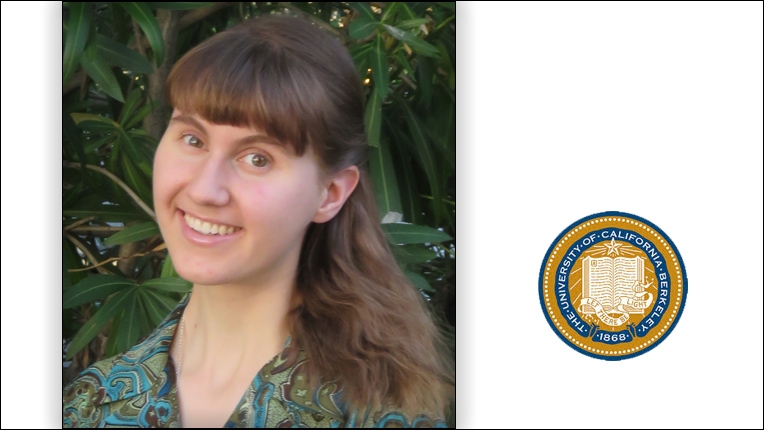SRC Grand Finalists 2019
GRADUATE CATEGORY
First Place:
Gengjie Chen - The Chinese University of Hong Kong
ICCAD 2018
Title of Submission: VLSI Routing: Seeing Nano Tree in Giga Forest
Second Place:
Christie Alappat - University of Erlangen-Nuremberg
SC 2018
Title of Submission: RACE - Recursive Algebraic Coloring Engine
Third Place:
Scott Kolodziej - Texas A&M University
SIGCSE 2019
Title of Submission: Empirical Assessment of Software Documentation Strategies: A Randomized Controlled Trial
UNDERGRADUATE CATEGORY
First Place:
Zhuangzhuang Zhou - Shanghai Jiao Tong University
ICCAD 18
Title of Submission: DALS: Delay-driven Approximate Logic Synthesis
Second Place:
Fandel Lin - National Cheng Kung University
SIGSPATIAL 2018
Title of Submission: An Intelligent and Interactive Route Planning Maker for Deploying New Transportation Services
Third Place:
Elizaveta Tremsina - UC Berkeley
TAPIA 2018
Title of Submission: Your Story Recorded in a Magnet: Micromagnetic Simulations of Spin-Orbit Torque in Multi-layer Structures
ACM Student Research Competition
The ACM Student Research Competition is an internationally recognized venue enabling undergraduate and graduate students to experience the research world, share research results and exchange ideas, rub shoulders with academic and industry luminaries, understand the practical applications of their research and gain recognition.
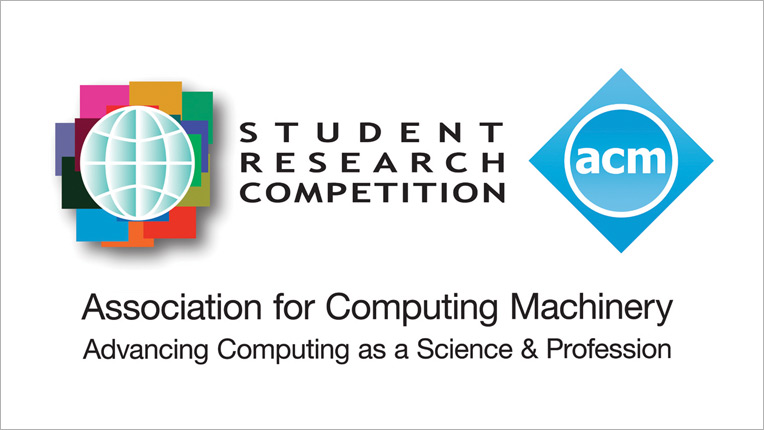
Graduate Category: First Place
Genjie Chen, The Chinese University of Hong Kong
"VLSI Routing: Seeing Nano Tree in Giga Forest" (ICCAD 2018)
We are using nanometer-size transistors and Giga Hertz clock frequency in very large scale integration (VLSI). Under such extreme conditions, timing, power, manufacturability and reliability are all crucial issues in VLSI design. For example, 50% – 80% of gates in the high-performance integrated circuit (IC) today are repeaters, which do not perform useful computation but work for timing closure [40]; over 50% of the chip at around 7nm will be powered off and cannot be utilized due to the power constraint [26]. .... [Read more]
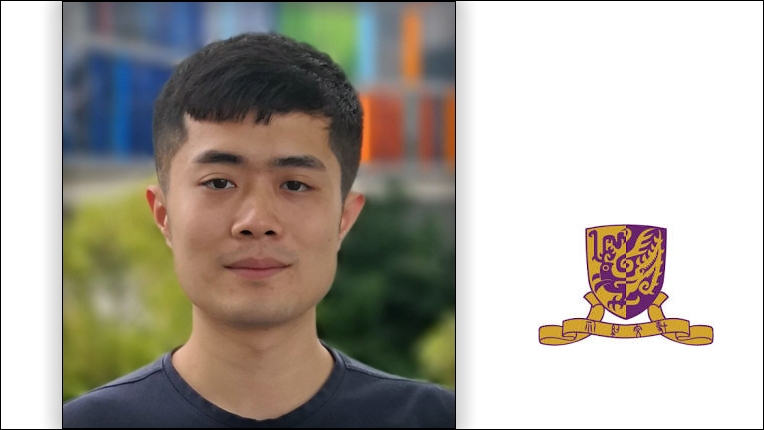
Graduate Category: Second Place
Christie Alappat, University of Erlangen-Nuremberg
"RACE - Recursive Algebraic Coloring Engine" (SC 2018)
Sparse linear algebra is a key component in many scientific simulations ranging from quantum physics to fluid and structural
mechanics. However, iterative numerical methods and important building blocks of sparse linear algebra frequently
feature strong data dependencies, making them difficult to parallelize. Typically, loop-carried dependencies occur in
iterative solvers (e.g., Kaczmarz, Gauss-Seidel) or preconditioners and write conflicts show up in the parallelization
of building blocks such as symmetric sparse matrix-vector multiplication. Scalable, hardware-efficient parallelization of
such methods and kernels is known to be a challenge... [Read more]
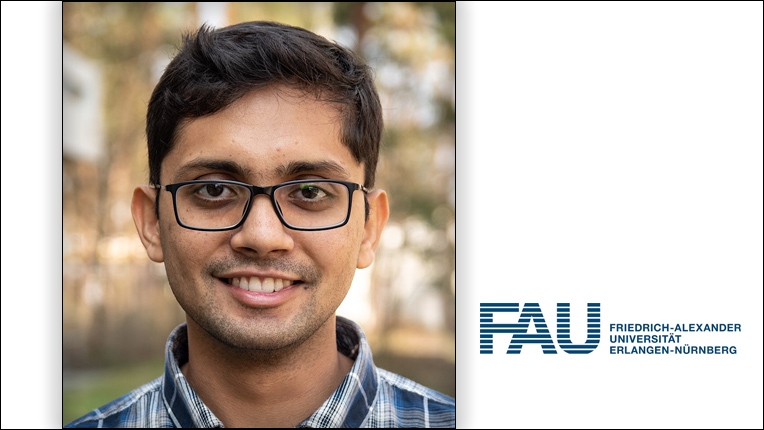
Graduate Category: Third place
Scott Kolodziej, Texas A&M University
"Empirical Assessment of Software Documentation Strategies: A Randomized Controlled Trial" (SIGCSE 2019)
Source code documentation is an important part of teaching students how to be effective programmers. But what evidence do we
have to support what good documentation looks like? This study utilizes a randomized controlled trial to experimentally compare
several different types of documentation, including traditional comments, self-documenting naming, and an automatic documentation
generator. The results of this experiment show that the relationship between documentation and source code understanding is more
complex than simply "more is better," and poorly documented code may even lead to a more correct understanding of the source code... [Read more]

Undergraduate Category: First Place
Zhuangzhuang Zhou, Shanghai Jiao Tong University
"DALS: Delay-driven Approximate Logic Synthesis" (ICCAD 2018)
As modern VLSI designs encompass more complexity and transistortechnology reaches nanoscale, it has been increasingly difficult to improve the performance and energy consumption of circuits by conventional design methods [18]. On the other hand, many recent applications, including image rendering, signal processing, speech recognition and machine learning, are error tolerant by their nature. Their error tolerance is caused by various reasons. For example, some of them are resilient to input noises. Some of them have outputs intended for human perception and can tolerate errors imperceptible to users. Others do not offer a unique answer and a variety of answers are acceptable. These classes of applications can tolerate inexact computation in substantial portions of their execution [3]. Under this circumstance, approximate computing was proposed as a novel circuit design paradigm [4].... Read more
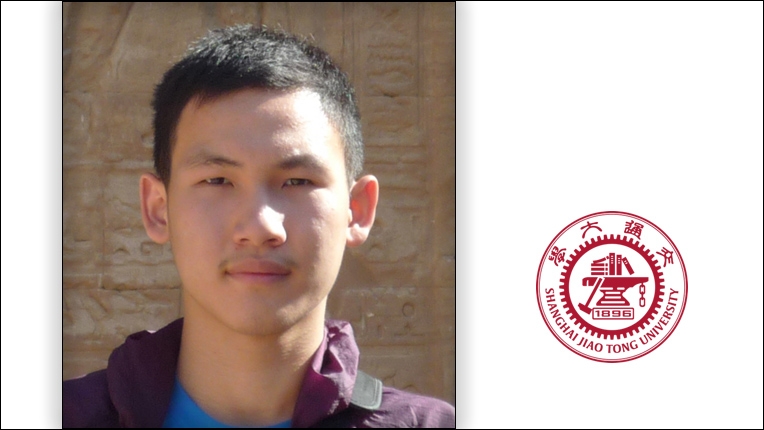
Undergraduate Category: 2nd Place
Fandel Lin, National Cheng Kung University
"An Intelligent and Interactive Route Planning Maker for Deploying New Transportation Services" (SIGSPATIAL 2018)
Planning Maker (RPM) is proposed to help governments or transportation companies to plan new route services in the city. The function of RPM is four-fold. First, RPM illustrates the local characteristics (e.g. geo-graphical information or spatial-temporal urban informatics) by visualizing multiple aspects of the city for users to easily understand the local characteristics of anywhere in the city, which is beneficial for proposing new routes. Second, RPM has a flexible user interface that allows users to arbitrarily sketch/adjust their idea by adding/removing routes and stations when deploying new routes. Besides, RPM can also show the existing routes which are correlated with the new route to let users check their transference or overlapping regions. Third, RPM provides an intelligent function to estimate passenger flows (PF) in certain time intervals and acquire relevant urban information so that the user can estimate the effectiveness of designed routes... [Read more]
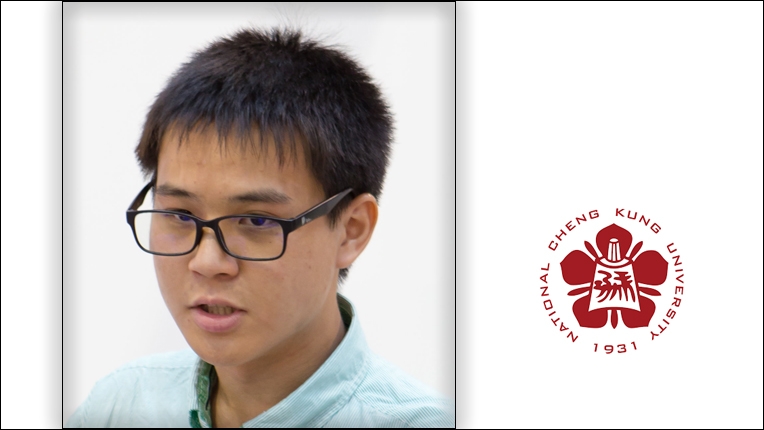
Undergraduate Category: Third Place
Elizaveta Tremsina, UC Berkeley
"Your Story Recorded in a Magnet: Micromagnetic Simulations of Spin-Orbit Torque in Multi-layer Structures" (TAPIA 2018)
The aim of this work is to address one of the challenges in computing: the need for novel energyefficient non-volatile memory devices which have the potential of drastically reducing power consumption
by computers, mobile, wearable and embedded electronics. Such memory devices would require zero power to maintain their state and have the ability to start up processes instantaneously. In this
micromagnetic simulation study, we demonstrate switching (write-operation) of a magnetic memory unit with Spin-Orbit Torque, not requiring external magnetic field. We propose a novel multi-layer
stack which is comprised of a Synthetic Antiferromagnet (SAF) and an antiferromagnetic underlayer (AFM). Efficient field-free magnetization reversal is propelled by the competing exchange fields and
spin torques. In addition, we perform an optimization analysis of the parameter space required for deterministic switching. Our simulation results provide a promising approach for developing efficient
and stable switching schemes and designing actual devices for future spintronic applications.... [Read more]
